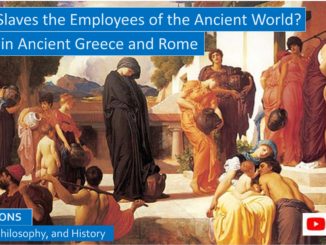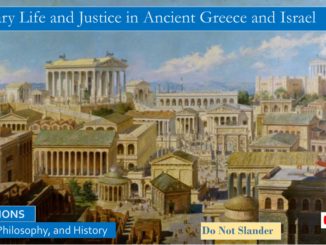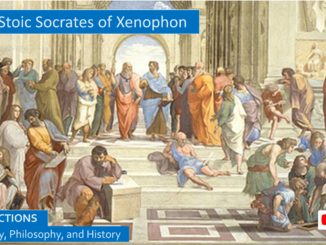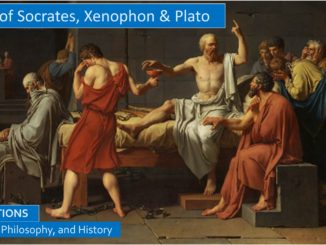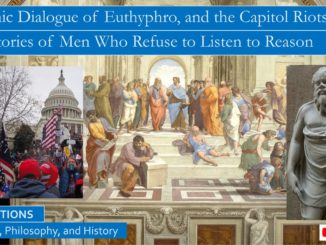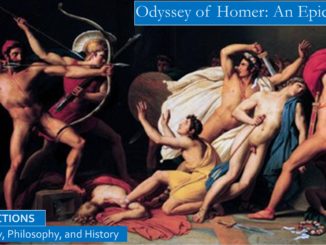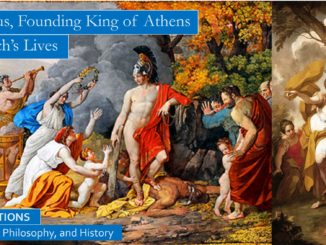
Mighty Deeds of Theseus, First King of Athens, in Plutarch’s Lives
Theseus and Romulus both built mighty cities, Athens and Rome, both are warriors sprung from the gods, “both stand charged with the rape of women, neither could avoid domestic misfortunes nor jealousy at home.” Youtube video for this blog: https://youtu.be/jOgNKSf9IT4 YouTube script with book links: https://www.slideshare.net/BruceStrom1/mighty-deeds-of-theseus-first-king-of-athens-in-plutarchs-lives Plutarch passes down us […]


